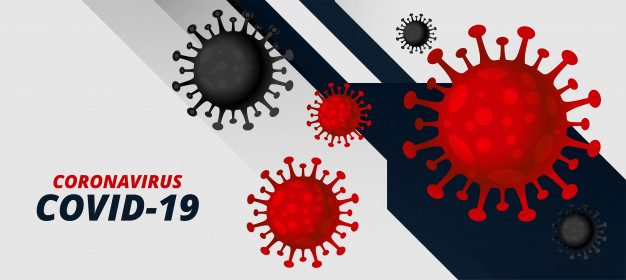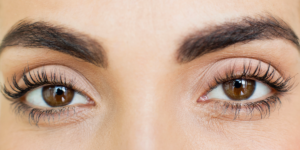
When an infected individual sneezes or coughs, droplets that are released from their mouth or nose might transmit the coronavirus disease from one person to another.
Global concern has been raised by the coronavirus disease’s quick spread. The infectious disease that is spreading has been classified as a pandemic by the World Health Organization (WHO). Attempts are being made by nations all over the world to stop the deadly virus from spreading. To stop the COVID-19 from spreading, an increasing number of nations have implemented a range of preventive measures, such as social separation. In the meantime, researchers are developing a treatment that might involve vaccinations; some have even started clinical studies to evaluate the novel medications and vaccinations. Governments are building additional hospitals to accommodate the growing number of afflicted individuals.
The new coronavirus comes from the same family of viruses that cause respiratory illnesses such as SARS, or severe acute respiratory syndrome. The coronavirus disease, commonly referred to as COVID-19, is transmitted from person to person. A person may contract COVID-19, a respiratory illness spread by respiratory droplets, if they come into touch with the virus. Envision yourself on a bus or in a lecture hall, sitting next to someone who tests positive for COVID-19. The person sneezes or coughs unexpectedly. He could release the droplets from his mouth or nose if he doesn’t cover both of them. In this approach, respiratory droplets could potentially expose you to the virus.
Alternatively, you come across a person who has been infected with the coronavirus and they touched their mouth or nose with their hands. That person has the potential to infect your hand when they shake hands with you. You run the risk of unintentionally catching the new virus if you touch your mouth, nose, or nose thereafter without washing your hands. According to recent research, the virus might contaminate your bathrooms and be present in feces as well.
Does a mother transmit the coronavirus disease to her baby?
There is yet no proof that a woman can spread the new coronavirus illness while nursing or giving birth. Mothers who tested positive for COVID-19 or who are at high risk of contracting an infectious disease are advised by the CDC to avoid close contact with their newborns for a while. This little separation lowers the possibility of transfer from mother to child. Women should examine the advantages and disadvantages of nursing with their doctors in light of the growing coronavirus pandemic. The CDC hasn’t, however, published any guidelines confirming that mothers shouldn’t breastfeed their children. Nonetheless, during the new coronavirus outbreak, nursing moms are recommended to exercise caution. Examine the following preventive measures:
Wash your hands with soap and water before holding your baby
-Sanitized your hand after touching a breast pump or other baby products.
-Wear a mask even while breastfeeding
-Clean the breast every time before you use
Can someone who doesn’t exhibit symptoms still spread the coronavirus?
The WHO states that there is extremely little probability of contracting the pandemic from someone who is asymptomatic. However, new studies from China state that there are certain occasions where a person infected with a novel coronavirus does not exhibit any symptoms and is unaware that they are ill. Those who are infected and exhibiting symptoms have a higher risk of spreading the virus, according to the CDC. It is possible for some individuals to spread the virus before they exhibit any symptoms of the serious illness. After being exposed to COVID-19, symptoms often appear 2 to 14 days later.
Is it possible to isolate the virus from an infected surface? As of right now, specialists are unsure if the novel coronavirus can live on doorknobs, bathroom counters, refrigerator handles, elevator buttons, and other surfaces. However, it’s thought that a virus’s survival period might vary from several hours to several days, just like that of other viruses. The amount of time a virus may persist on a surface can also depend on other conditions. However, it is advisable to properly wipe the surface with a disinfectant as there is no evidence.
Please abide by the CDC’s recommendations to safeguard yourself from this spreading coronavirus epidemic.




